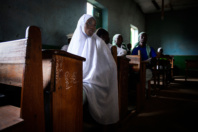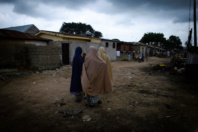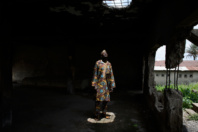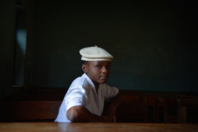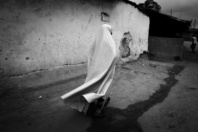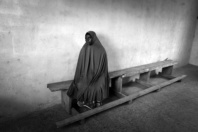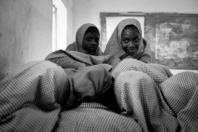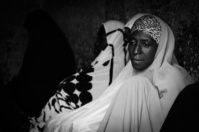Nigeria with over 150 million people consists of muslims and christians who live across the country. The religious divide in the country crisscrosses more than 250 ethnic groups as well as deep political divisions that cross religious lines. Over the last decade, numerous ‘hotspots’ around the country have suffered from pervasive violent religious conflict, with devastating impact on the citizenry and the peaceful coexistence in the Nigerian state. The February 2000 anti-Sharia crisis in Kaduna, the religious riots in 2001 and 2004 in Bauchi State, the dispute over a perceived insult to islam during a beauty pageant in 2002, the riots over Danish cartoons depicting the Prophet Mohammed in 2006, and the August 2009 Boko Haram onslaught which led to major mayhem in the Northern parts of the country are all disturbing signs of this situation.
Abductions, suicide bombings, and attacks on civilian targets by Boko Haram persisted. At least 1,200 people died and nearly 200,000 were displaced in the northeast in 2018. In June, at least 84 people were killed in double suicide bomb attacks attributed to Boko Haram at a mosque in Mubi, Adamawa State.

